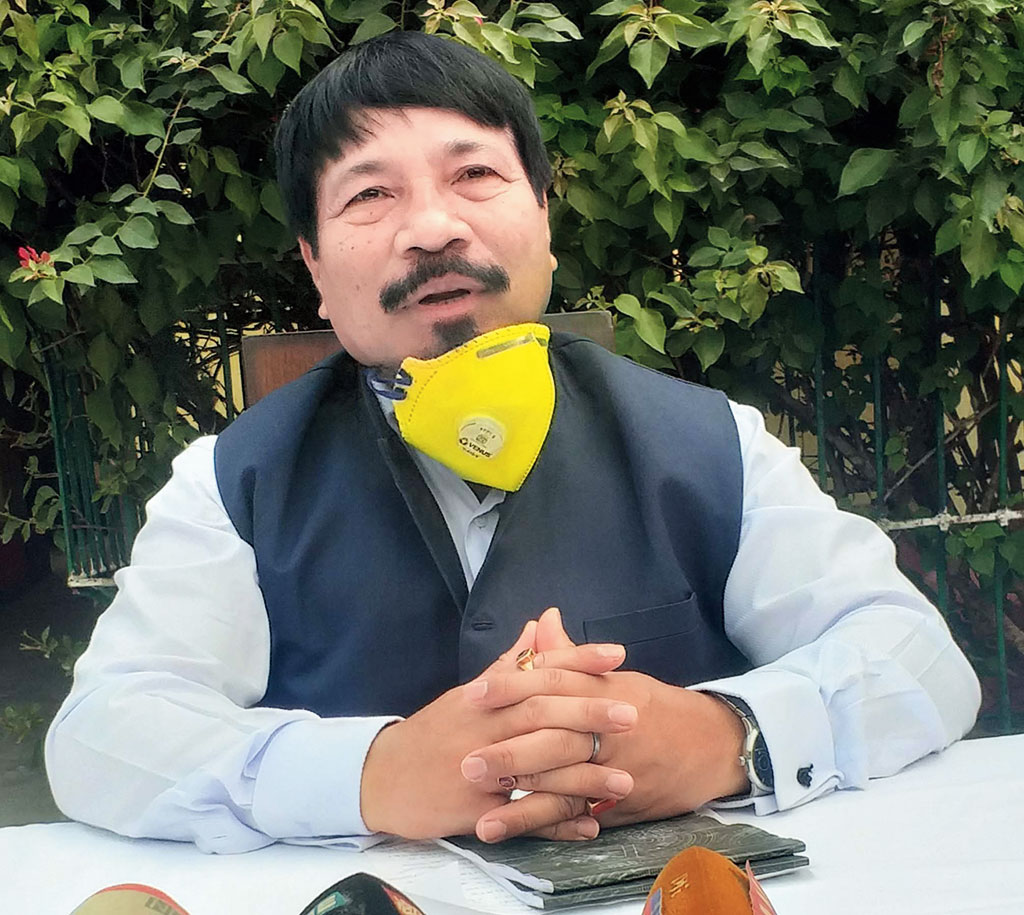Assam animal husbandry and veterinary minister Atul Bora on Thursday visited Majuli and Golaghat districts in Upper Assam and discussed with department officials the measures to be taken to stop spread of the “unknown” disease that has killed many pigs in six districts in neighbouring districts.
According to official figures, around 2,000 pigs have died in Dhemaji, North Lakhimpur, Biswanath, Dibrugarh, Sivasagar and Jorhat because of the “unknown” disease. People, however, claim that the number of dead pigs is several thousand.
The veterinary department is still waiting for the reports from National Institute of High Security Animal Diseases (NIHSAD), Bhopal, where samples from affected pigs were sent to confirm whether the “unknown” disease is African swine fever.
So far, African swine fever has not been detected in India.
“We are still waiting for its report,” said Pulin Das, director of veterinary and animal husbandry. The samples were delivered at NIHSAD on Sunday and results were expected in two days. A two-member doctor team, constituted by the veterinary department, reached Majuli on Thursday and collecting samples from infected pigs.
D.D. Barman, veterinary officer of Majuli, said along with local veterinary doctors. The team is also working on creating awareness about need to keep pigs isolated.
He said according to reports collected from the village level, the number of pigs that have died so far in Majuli is around 2,000 and the number was 207 on Thursday alone.“We have vaccinated around 18,400 pigs by April 11 and it takes a pig at least 20 days to develop immunity after being vaccinated,” said Barman.
Bora has held several rounds of meetings with senior officials of the department regarding the disease. He asked Das to constitute a task force and send them to the affected districts to take measures to contain the disease.
Bora on Thursday said the government will also do the needful to compensate the people whose pigs died of the disease.
Rearing pigs is one of the major sources of income in many poor families, especially among the Mising community, in Upper Assam.










